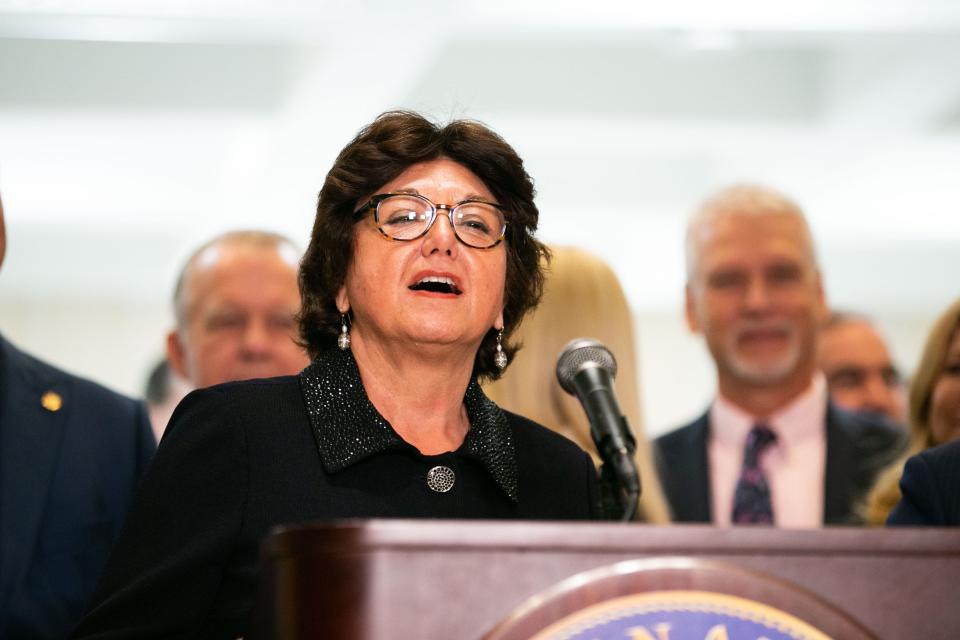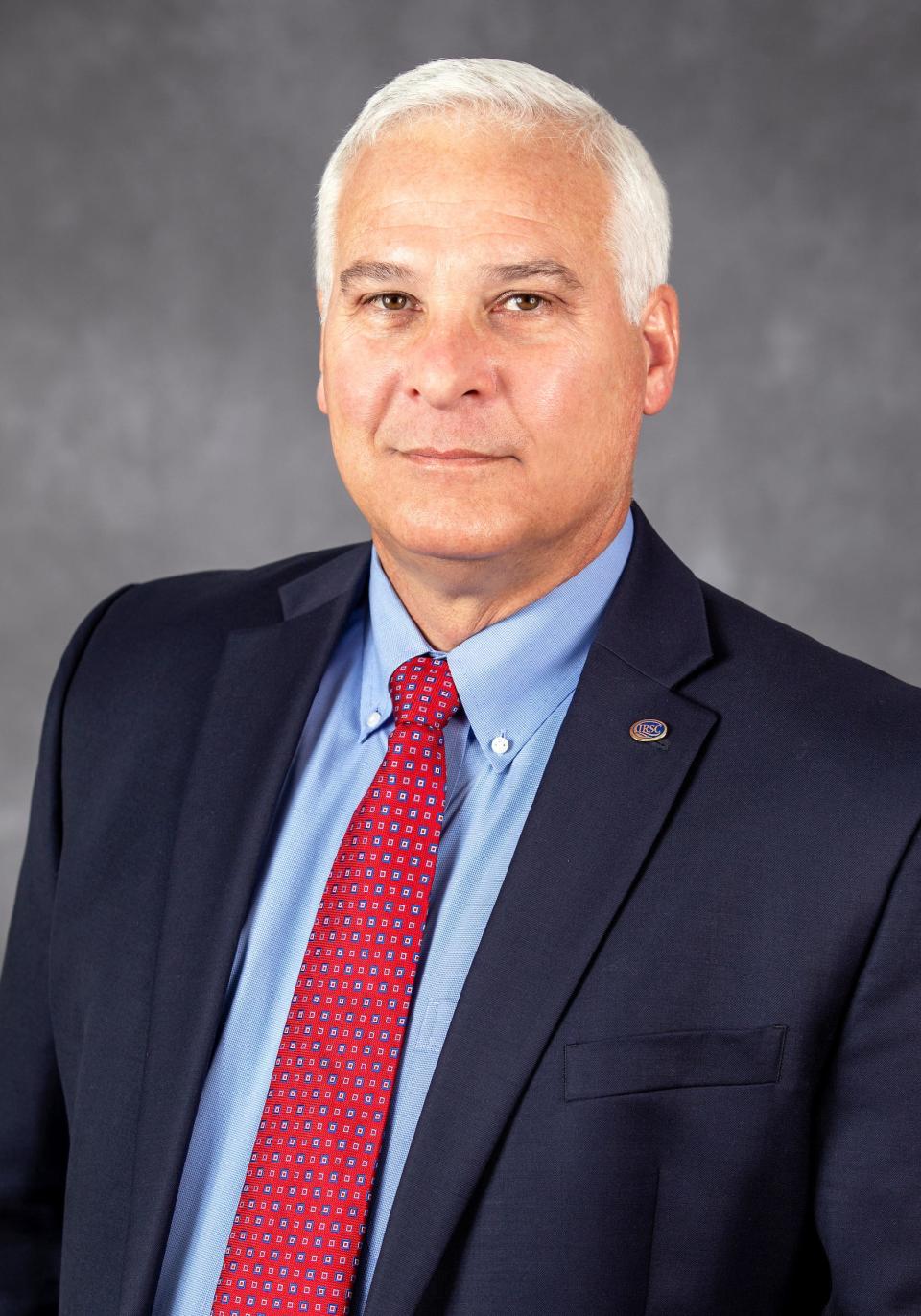FL Legislature must expand state health insurance to Florida College System employees
Early in his first term, Gov. Ron DeSantis boldly declared that Florida would be the No. 1 state in the nation for workforce education by 2030. He and his colleagues in the Florida Legislature have followed those words with actions, making critical investments into K-12, technical schools, and the Florida College System (FCS), a collective of 28 colleges that graduate about 120,000 specialized workers each year.

The affordable, flexible, and local pathways to career development offered by the FCS are essential for the growth of Florida’s skilled workforce and bolster the state’s attractiveness as a home for high-wage industries. As FCS colleges lead the charge in achieving the governor’s 2030 goal, it is crucial that they can retain and attract the best talent and identify ways to operate more competitively.
Currently, the diligent public servants of the FCS do not have access to the State Group Insurance Program (SGIP), which offers attractive health insurance options to those employed by or retired from the State of Florida. Unlike the State University System (SUS), which has had access to SGIP benefits since the 1970s, the nearly 20,000 FCS employees enrolled in their employer’s healthcare plans are not eligible to enroll in this low-cost, high-value health insurance program, leaving them carrying an enormous burden.
That’s why, at the urging of Indian River State College – a member of the FCS – Florida TaxWatch reviewed this issue in February 2023, using IRSC college as a case study.
FCS colleges must self-insure or self-fund using money from their operating budgets. To help reduce the cost, most FCS colleges insure within a collective called the Florida College System Risk Management Consortium (FCSRMC) and many pay for employees' healthcare premiums. For example, an IRSC employee enrolled in a family health plan must additionally pay between $1,235 and $1,509 per month – between 225% and 275% more than the national employee contribution toward an employer-sponsored insurance plan – to cover a spouse and child.
This cost is exorbitant for anyone and virtually out of reach for young professionals and lower-salaried staff members providing for their families. It has directly hurt the FCS’s ability to attract and retain employees, a key component of the Governor’s Focus on Florida’s Future 2024 budget recommendations.
Turnover at publicly funded institutions not only disrupts the delivery of educational services to Floridians, but it also limits the return on investment of taxpayer dollars, as money is repeatedly spent on recruiting and training new faculty and staff.
Further, a report released by the Office of Program Policy Analysis and Governmental Accountability (OPPAGA) confirms the high cost of health insurance also discourages FCS employees from enrolling in family plans. Although the composition and roles of FCS employees are similar to those employed by the SUS, only 25% of FCS health insurance enrollees choose a family plan compared to 61% of SUS health insurance enrollees. This disparity is not right – the hardworking state employees of the FCS should earn the same health benefits as all other state employees.

We commend the Florida Legislature for following Florida TaxWatch’s recommendation by taking action. Last session – with the approbation Gov. DeSantis, Senate President Kathleen Passidomo, and House Speaker Paul Renner – the Florida Legislature allocated $500,000 in nonrecurring funds to the Department of Management Services to contract for a comprehensive analysis to determine the fiscal impact and feasibility of extending SGIP to employees of the Florida College System. The analysis was submitted to government officials on Dec. 1, 2023, placing the total first-year cost of implementation at $372.4 million.
During the 2024 legislative session, as the Florida Legislature reconsiders the standards of eligibility for SGIP, they should heed the findings of the analysis to wisely invest taxpayer dollars into the integrity of the FCS in a way that ensures all state employees have access to these benefits.

Dominic M. Calabro has led Florida TaxWatch’s world-class research team – the “eyes and ears” of taxpayers – as President and CEO for nearly all of the organization’s 41-year existence.

Timothy E. Moore is President of Indian River State College, which serves more than 22,000 students annually throughout Florida’s Indian River, Martin, Okeechobee, and St. Lucie counties.
JOIN THE CONVERSATION
Send letters to the editor (up to 200 words) or Your Turn columns (about 500 words) to letters@tallahassee.com. Please include your address for verification purposes only, and if you send a Your Turn, also include a photo and 1-2 line bio of yourself. You can also submit anonymous Zing!s at Tallahassee.com/Zing. Submissions are published on a space-available basis. All submissions may be edited for content, clarity and length, and may also be published by any part of the USA TODAY NETWORK.
This article originally appeared on Tallahassee Democrat: FL Legislature must expand state health insurance to FCS employees

